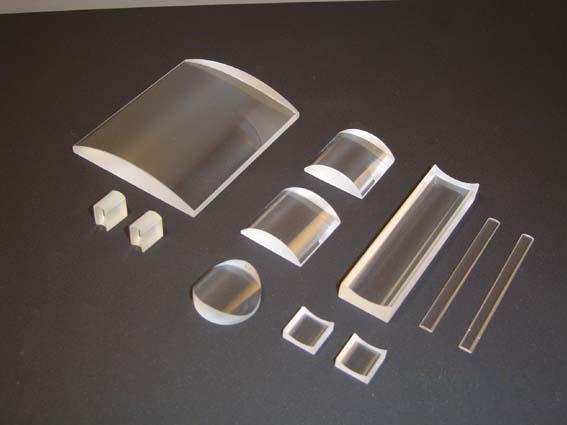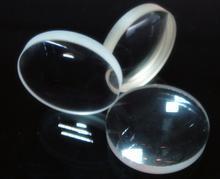Article 1 In order to strengthen the management of industry standards and ensure the coordination and unification of industry standards, these Measures are formulated in accordance with the provisions of the Standardization Law of the People's Republic of China and the Implementation Regulations of the Standardization Law of the People's Republic of China.
The second industry standard is the standard set for technical requirements that do not have national standards but need to be unified within a certain industry across the country. Industry standards must not contradict the relevant national standards. Relevant industry standards should be coordinated and unified, and should not be repeated. Industry standards are abolished after the implementation of the corresponding national standards.
Article 3 The following technical requirements that need to be unified within the industry can be formulated into industry standards (including the production of standard samples):
(1) General technical language such as technical terms, symbols, code numbers (including codes), file formats, and drawing methods;
(2) Varieties, specifications, performance parameters, quality indicators, test methods, and safety and health requirements of industrial and agricultural products;
(3) Safety, hygiene requirements for the design, production, inspection, packaging, storage, transportation, use, maintenance methods of industrial and agricultural products, as well as production, storage and transportation;
(4) Technical requirements for general-purpose components;
(5) Product structural elements and requirements for interchange and cooperation;
(6) Technical requirements and methods for survey, planning, design, construction and acceptance of the project construction;
(7) Technical requirements for information, energy, resources, transportation, and management techniques.
Article 4 Industry standards are divided into mandatory standards and recommended standards. The following standards are mandatory industry standards:
(1) Pharmaceutical industry standards, veterinary drug industry standards, pesticide industry standards, food hygiene industry standards;
(2) Safety and hygiene industry standards in the production, storage, transportation and use of industrial and agricultural products and products;
(3) Quality, safety and health industry standards for project construction;
(4) An important industry standard for technical terms, symbols, code numbers (including codes), file formats and drawing methods involving technical convergence;
(5) Interchange and cooperation with industry standards;
(6) General test methods, inspection methods and important industrial and agricultural product industry standards for products to be controlled within the industry. Other industry standards are recommended industry standards.
Article 5 The product quality industry standards, where necessary and may be graded separately, shall be subject to reasonable classification and grading regulations.
Article 6 The industry standards shall be managed by the industry standard centralized department. The scope of the industry standard and the scope of the industry standards it manages shall be submitted by the relevant administrative department of the State Council, and the standardization administrative department of the State Council shall examine and determine the industry standard code of the industry.
Article 7 When the industry standardization department formulates the industry standard plan, it must coordinate with the relevant administrative departments to establish a scientific and reasonable standard system.
Article 8 In the formulation of industry standards, the industry standard centralized department performs the following duties:
(1) Formulating industry standard plans for the industry;
(2) Responsible for coordinating the division of labor of relevant industry standard projects of relevant administrative departments;
(3) Organizing and formulating industry standards for the industry;
(4) Unified approval, numbering, and release of industry standards for the industry;
(5) Handling the filing of industry standards;
(6) Organizing the review of industry standards in this industry.
1 2 Next Page

Coupletech Co., Ltd supplies a variety of high quality optical components: optical material, lenses, windows, mirror, prisms, filter, IPL - filter. Optical material is including BK7, Fused silica, quartz, CaF2, MgF2, BaF2, Sapphire, ZnSe, a-BBO, LiNbO3, Calcite, and so on. Lens is including Plano Convex Spherical Lens, Double Convex Spherical Lens, Plano Concave Spherical Lens, Double Concave Spherical Lens, Meniscus Spherical Lens, Ball Lens, Rod Lens, Plano Convex Cylindrical Lens and Plano Concave Cylindrical Lens, Achromatic lens and so on. Windows are optical glass with polished faces that are relatively parallel. They are used to protect laser output. Always windows are AR coated, HR coated or PR coated. Mirrors is including Dielectric laser line mirror, Metal coated mirror, Right angle prism mirror, Output coupler, harmonic separator. Prisms are including Right angle prism, Dove prism, Porro prism, Brewster prism, Roof prism and wedge prism. Filter is inclusing Color glass filter, Interference Bandpass filter, Neutral Density Filter-Absorptive and Neutral Density Filter-Reflective.
Coupletech supplies many kinds of Optical Elements with different materials.


Optical Elements,Optical Lenses,Optical Filters,Optical Windows,Optical Mirrors,Optical prisms,ZnSe windows
Coupletech Co., Ltd. , http://www.coupletech.com